'Global warming isn't a problem for our grandchildren; it's happening now, and we're totally unprepared'
Our columnist Agromenes is blazing with rage at those who have wilfully shrugged off global warming and denied that it's worth getting hot under the collar about.


Remember those people who used to say ‘bring on global warming — I’m fed up with our awful British weather’? It was, of course, another of the many ways they tried to avoid facing the issue, but this month’s record temperatures have changed all that. Reaching 40.3˚C (or, for Jacob Rees-Mogg’s benefit, 104.5˚ Fahrenheit) was literally unheard of in the British Isles and we are totally unprepared for it.
For the fortunate in overseas countries that regularly reach such temperatures, houses are built to withstand the heat, infrastructure is designed to cope and people are much more attuned to avoiding the effects; the poor — they simply have to live or die with it.
We in the UK have not taken adaptation to climate change nearly seriously enough. It is not only something that will affect our children and grand-children — it’s happening now. Yet it has taken years of campaigning to get adequate funds to protect against flooding and, despite the constant warnings of Government advisers, there has been little attempt to future-proof homes to cope with the heatwaves that are bound to become much more common. In recent years, nearly two million new houses and flats have been built without any serious improvement in the standards of ventilation or insulation.
For country people, the effects of these high temperatures are particularly threatening. It’s not only the damage farmers face with droughts and parched crops, it’s also the unshorn sheep expiring in the heat and the ever-present danger of fires, such as those that swept through grass and woodland in Worcestershire last week. Indeed, the disaster in Wennington in East London was not in any real sense an urban fire at all — about 20 houses were destroyed, but the scale of the disaster was the result of burning grassland that was set alight by compost that had spontaneously ignited in the heat. For years, residents had looked with pleasure over the open space, never thinking that this enviable outlook would ultimately mean that they would lose their homes.
Across the whole country, the fire service has been stretched to breaking point and chiefs have recognised that many forces don’t have the specialist equipment needed to fight fires on fields and in woodlands. Urban-based vehicles are not designed to get out away from tarmac nor drive over rough ground and tilled farmland.
All this was somewhat foreshadowed in the updated risk assessment the Government produced earlier this year, based upon evidence produced by the Climate Change Committee. The assessment is designed to be the basis for next year’s updating of its quinquennial National Adaptation Plan. This plan acknowledges the likelihood of serious heatwaves becoming much more general and the standards to which new homes will be built in future are to be improved to reflect this.
However, ministers intend to do nothing to improve commercial buildings or conversions. Builders will, therefore, continue to turn offices into flats that will often be too hot to live in. Nor are there any plans to deal with the retirement and nursing homes where thousands of vulnerable people have accommodation entirely unadapted to the summer temperatures we must now accept as normal.
Exquisite houses, the beauty of Nature, and how to get the most from your life, straight to your inbox.
The pressure on fire brigades is also left unaddressed in this inadequate response to the inevitable changes in climate, however successful we are in keeping the temperature rise below 1.5˚. We must insist that 40.3˚C is a wake-up call for the new Prime Minister and insist that next year’s National Adaptation Plan faces the reality of an ever hotter Britain. People’s lives and livelihoods are at stake.
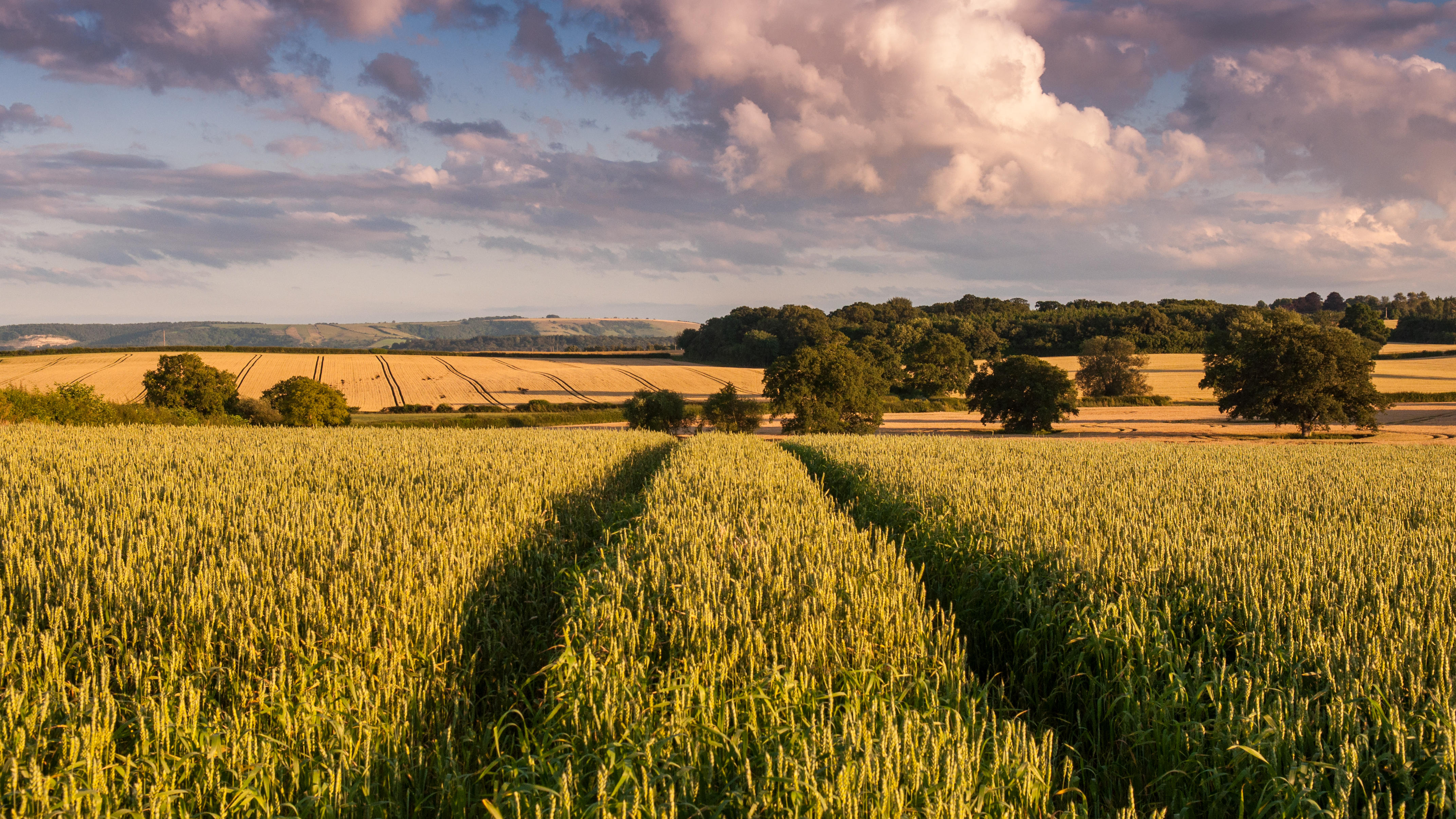
Credit: Alamy Stock Photo
Agromenes: The terrible warnings which must make us take food self-sufficiency seriously again
Country Life's agriculture columnist Agromenes on why we need to learn the lessons of the tragic events of the last
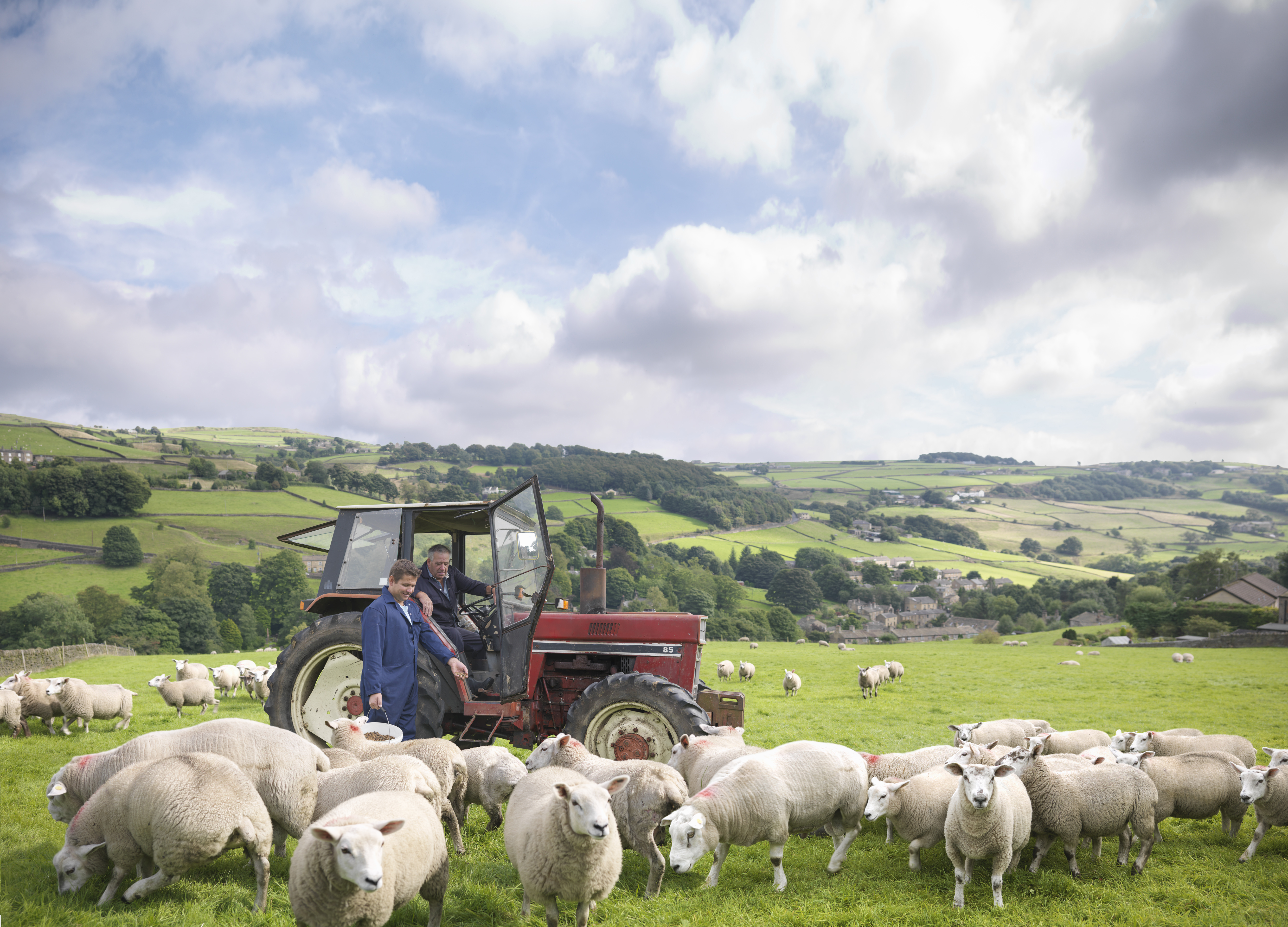
Credit: Getty Images/Cultura RF
Agromenes: 'Why does a Conservative Government think it’s wrong for the market to drive change? '
Country Life's columnist Agromenes ponders why the Government isn't doing more to encourage a market-based drive towards regenerative farming.
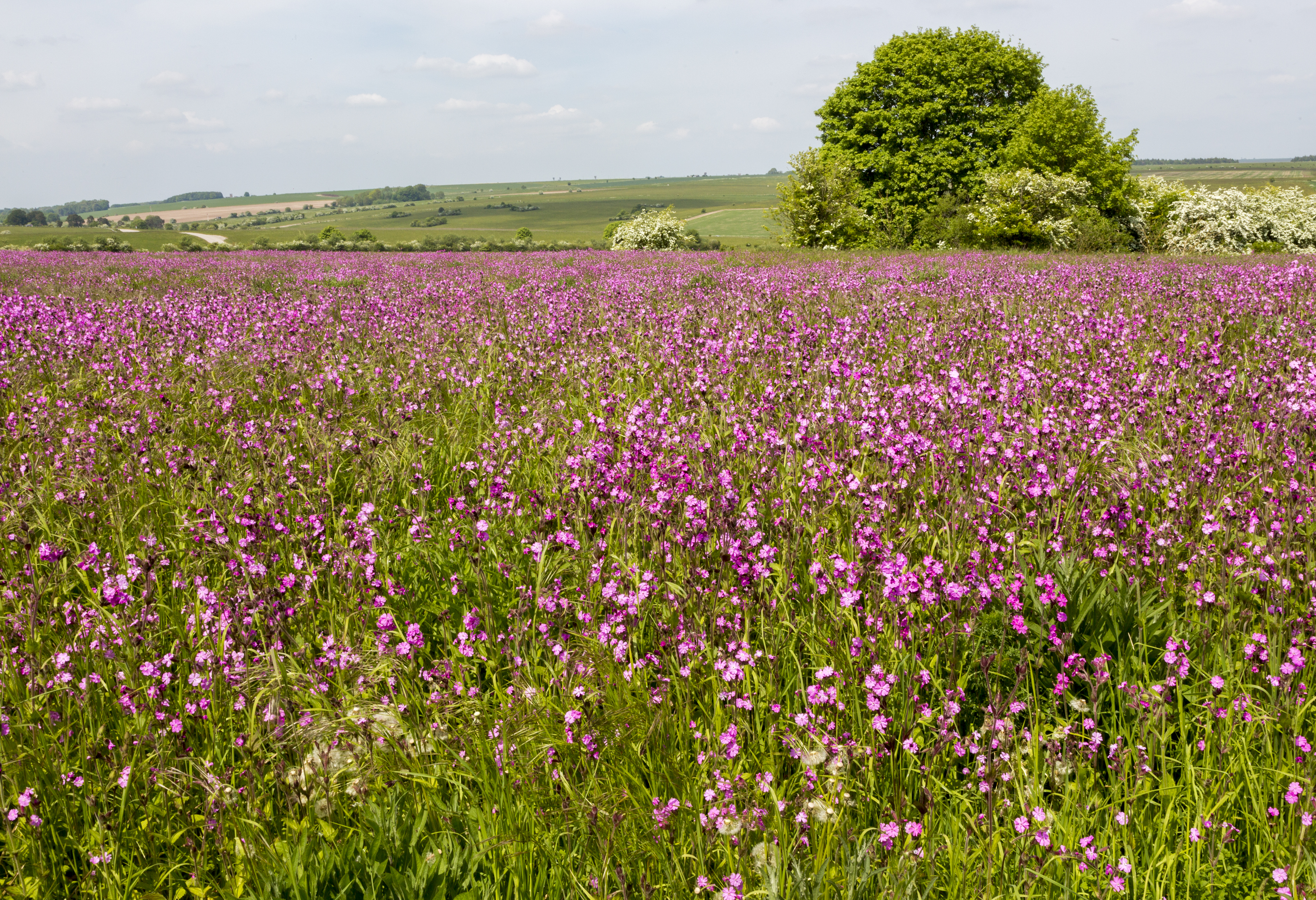
Credit: Ian Murray, Getty Images
Opinion: In the 19th century we couldn’t do without coal, in the 20th we couldn't do without oil. In the 21st, we're learning to prosper without either
Country Life's columnist Agromenes thinks we can have it all — prosperity and a thriving environment — if we do it
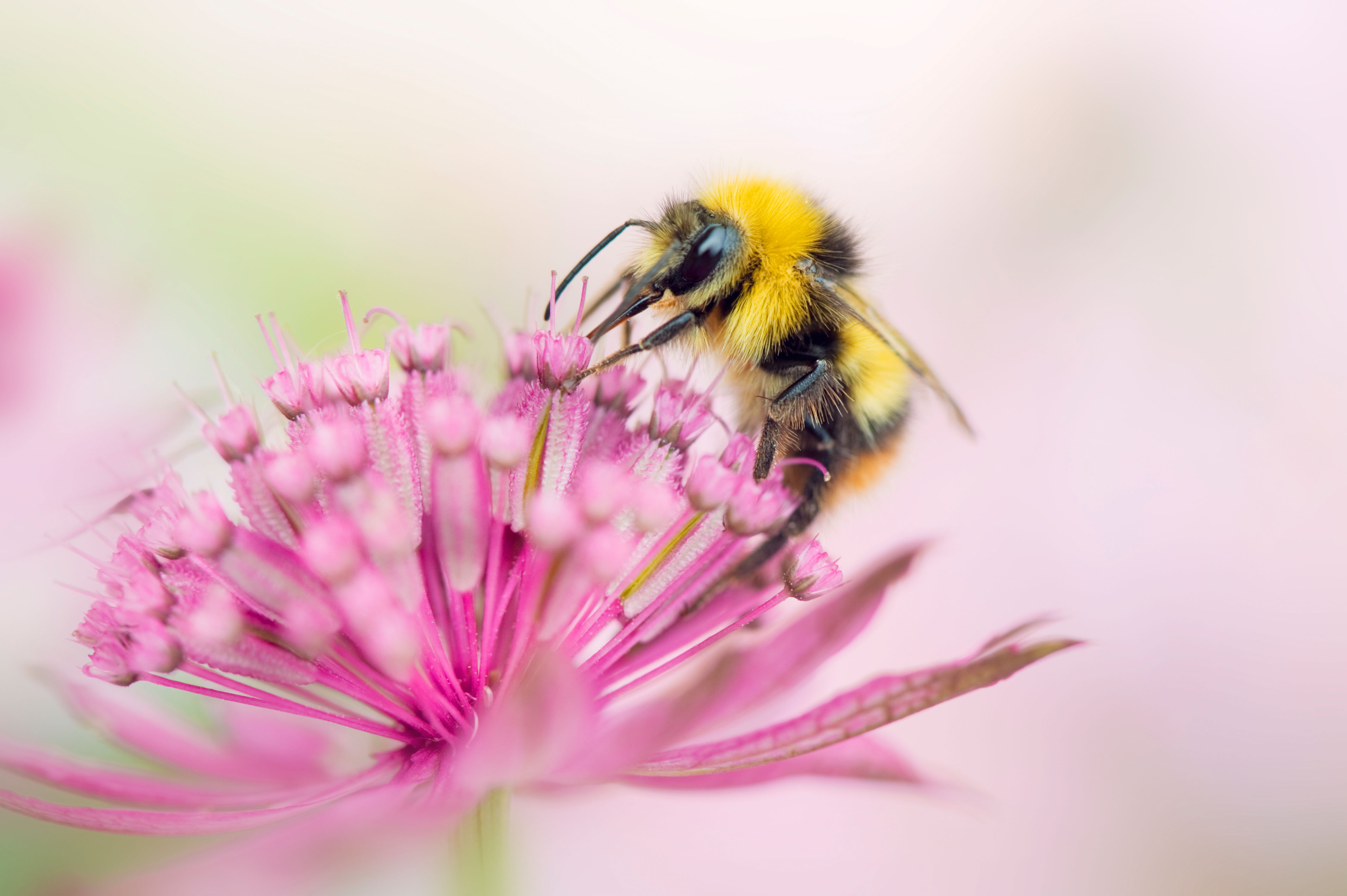
Credit: Alamy
Agromones: 60 years on from DDT, we're still unleashing forces we don't property understand — we really do need our heads examined
Country Life's columnist Agromenes wonders how much longer we can go on pumping poorly-understood chemicals into the atmosphere and still
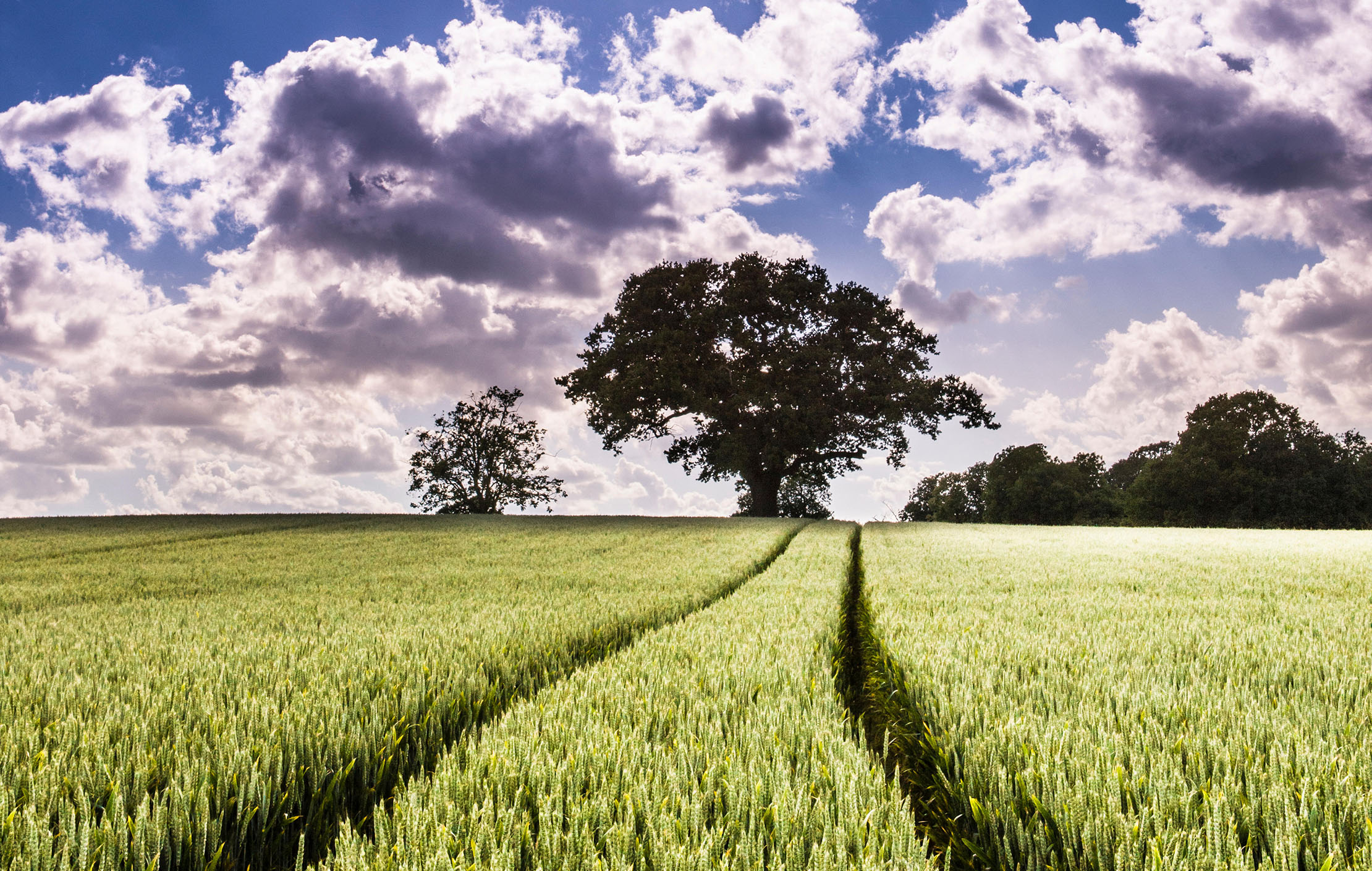
Credit: Alamy Stock Photo
'When we take for granted our ever-available, low-cost food, we might remember how that certainty was achieved'
The turn in the weather prompts Country Life's columnist Agromenes to reflect on how modern farming gave us food security

'The monarchy is not a cold, rational, legal structure, but a living, vibrant, human creation with human weaknesses and human strengths'
The Queen's Platinum Jubilee has been and gone, but it's left an indelible memory and reminded Britain that it still
Country Life is unlike any other magazine: the only glossy weekly on the newsstand and the only magazine that has been guest-edited by His Majesty The King not once, but twice. It is a celebration of modern rural life and all its diverse joys and pleasures — that was first published in Queen Victoria's Diamond Jubilee year. Our eclectic mixture of witty and informative content — from the most up-to-date property news and commentary and a coveted glimpse inside some of the UK's best houses and gardens, to gardening, the arts and interior design, written by experts in their field — still cannot be found in print or online, anywhere else.
-
 A flat for sale in the building where Agatha Christie lived, and it's both the most interesting and most affordable home for sale in Hampstead today
A flat for sale in the building where Agatha Christie lived, and it's both the most interesting and most affordable home for sale in Hampstead todayThe Isokon Lawn Road flats in Belsize Park are a Grade I-listed architectural icon with a fascinating history, and one of them is currently for sale. Toby Keel takes a look.
-
 Guinness, The Beatles and Beckham's first game for England? It can only be the Country Life Quiz of the Day, October 15, 2025
Guinness, The Beatles and Beckham's first game for England? It can only be the Country Life Quiz of the Day, October 15, 2025Test your general knowledge in Wednesday's quiz.
-
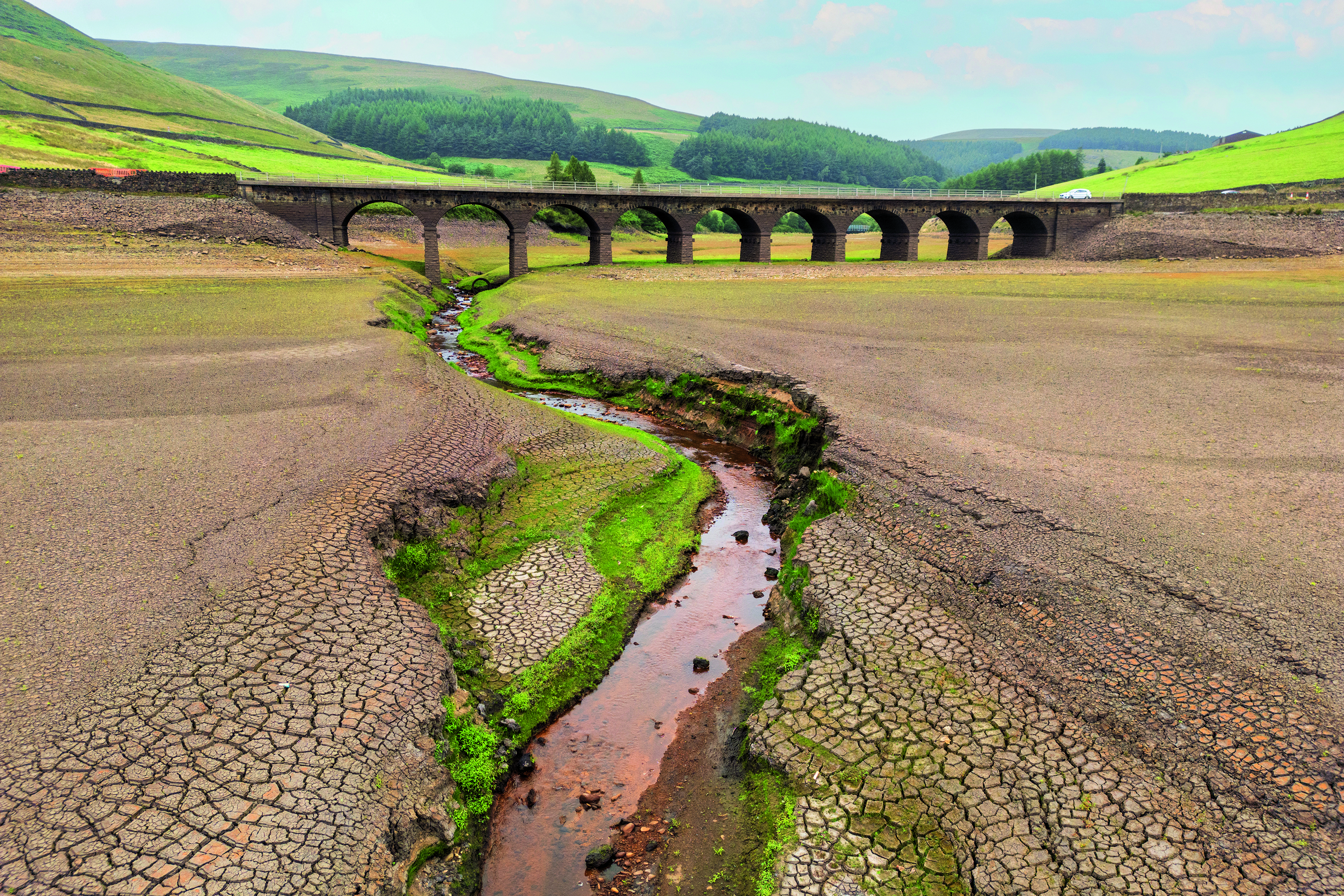 Five years of drought means there's only one conclusion for Britain's farmers: 'Climate change is real and affecting us now'
Five years of drought means there's only one conclusion for Britain's farmers: 'Climate change is real and affecting us now'The cumulative effects of the past five years of hot weather are causing chaos for farmers — and there's no signs that it will improve. Jane Wheatley reports.
-
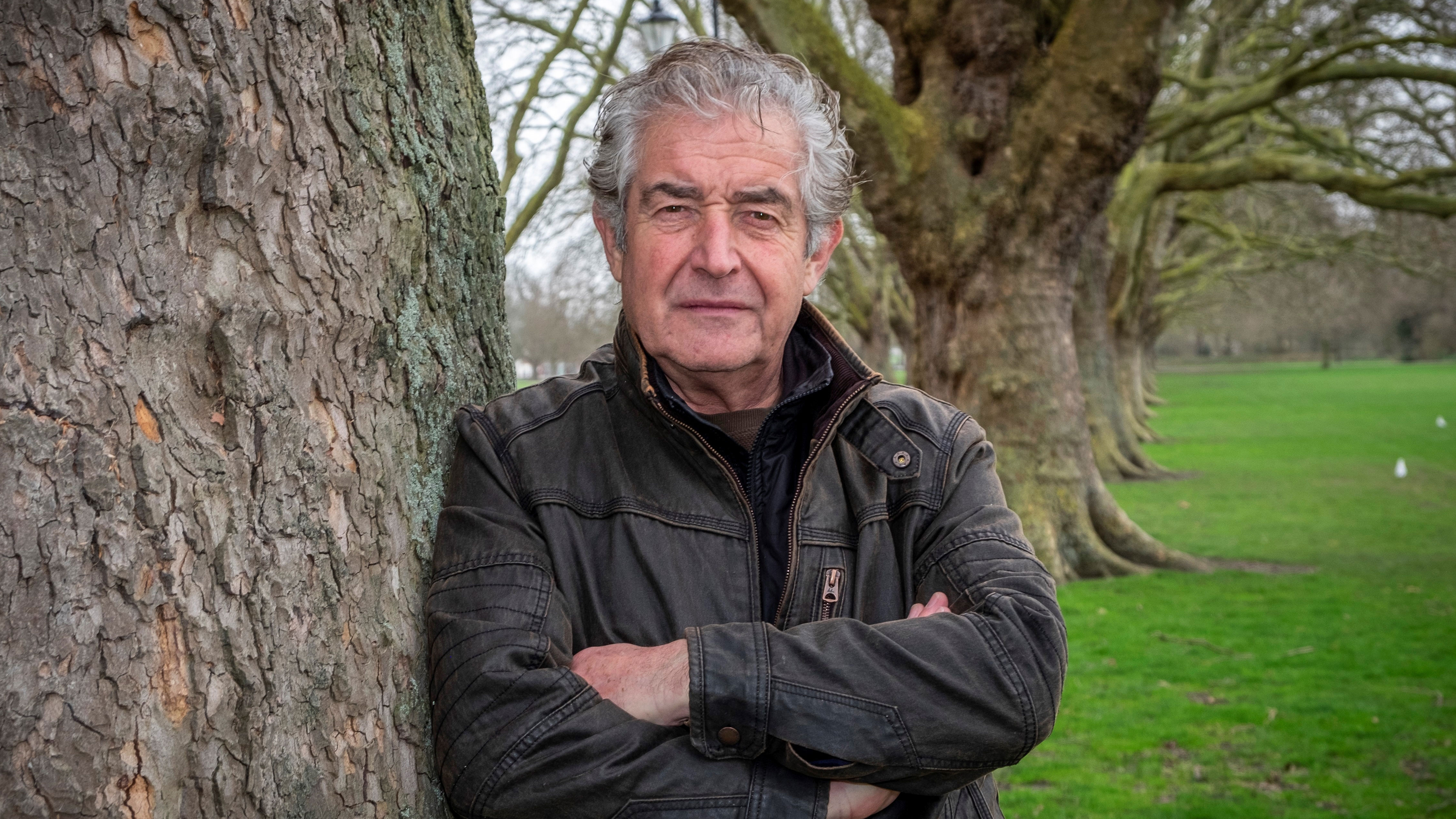 Tony Juniper: 'King Charles is the most influential environmentalist of all time'
Tony Juniper: 'King Charles is the most influential environmentalist of all time'Tony Juniper CBE, the head of Natural England, on saving the world, breeding budgies and the King's importance in raising awareness of the plight of Nature.
-
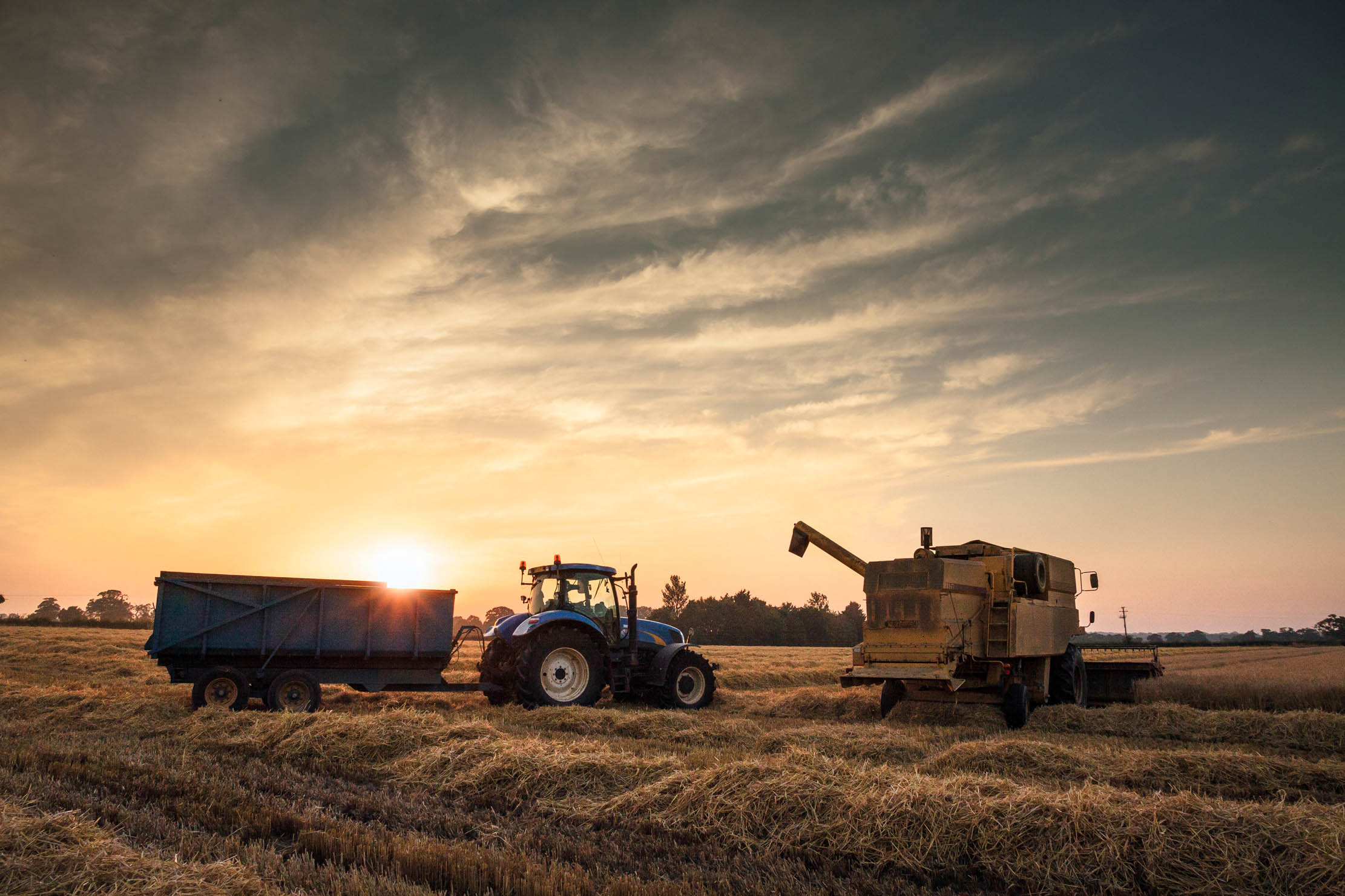 'The equation is inescapable. Our rich societies will simply have to pay the proper price for food'
'The equation is inescapable. Our rich societies will simply have to pay the proper price for food'Country Life's columnist Agromenes urges us to take a cold, hard look at the way we grow and consume food.
-
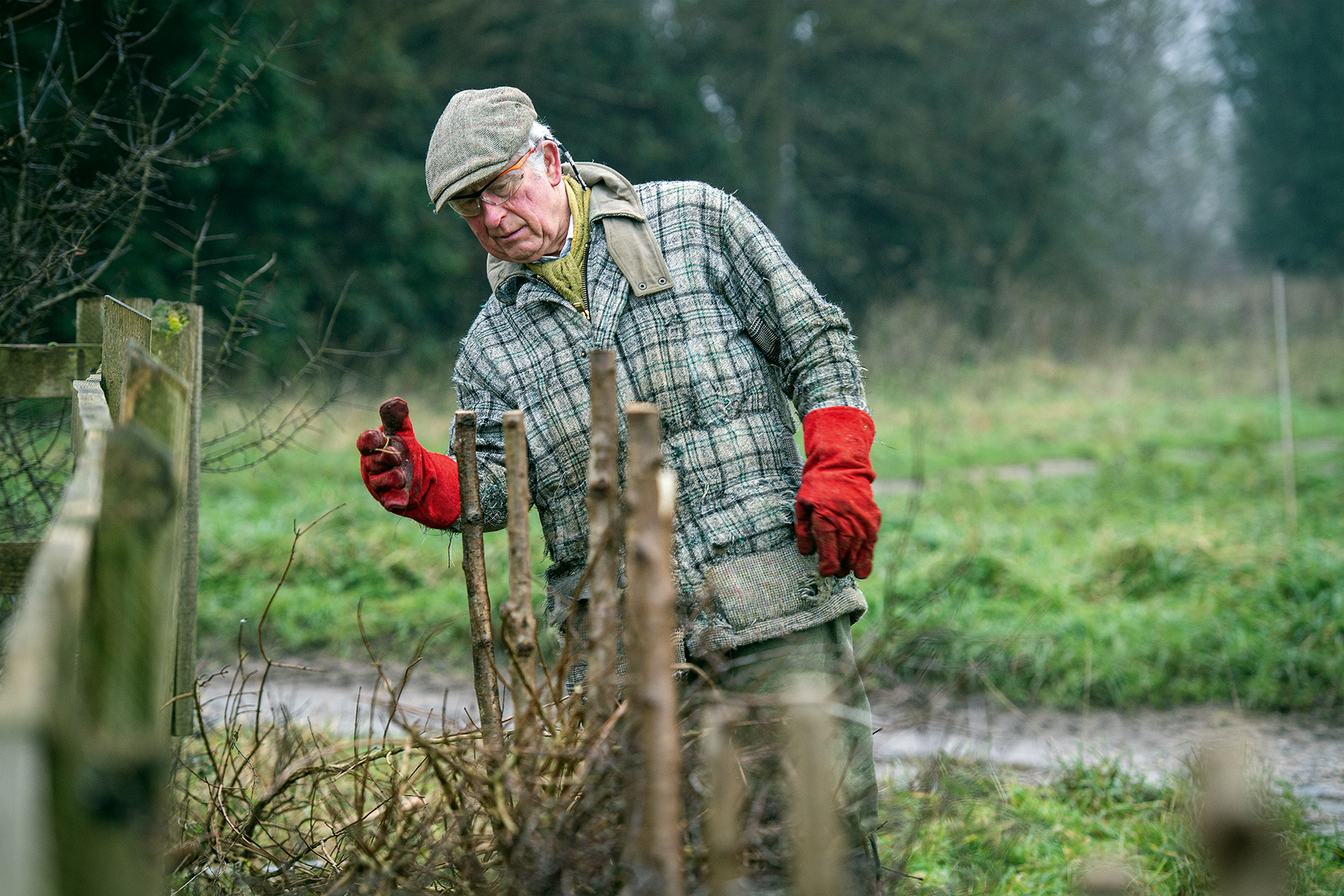 HRH The Prince of Wales: 'The UK is one of the most Nature-depleted places on the planet... we have to respond now before the capacity of Nature’s systems is ruptured for good'
HRH The Prince of Wales: 'The UK is one of the most Nature-depleted places on the planet... we have to respond now before the capacity of Nature’s systems is ruptured for good'Wednesday's edition of Country Life sees HRH The Prince of Wales write his traditional birthday leader article, focusing this year on the huge importance of hedgerows to the nature of Britain — and what we can do to protect and nourish them.
-
 Feargal Sharkey: From Top of the Pops to crusading for Britain's rivers
Feargal Sharkey: From Top of the Pops to crusading for Britain's riversFeargal Sharkey, one of the most recognisable pop voices of the 1970s and 1980s, talks to Country Life about his life, his passion for fishing, and how campaigning for clean rivers has become an obsession.
-
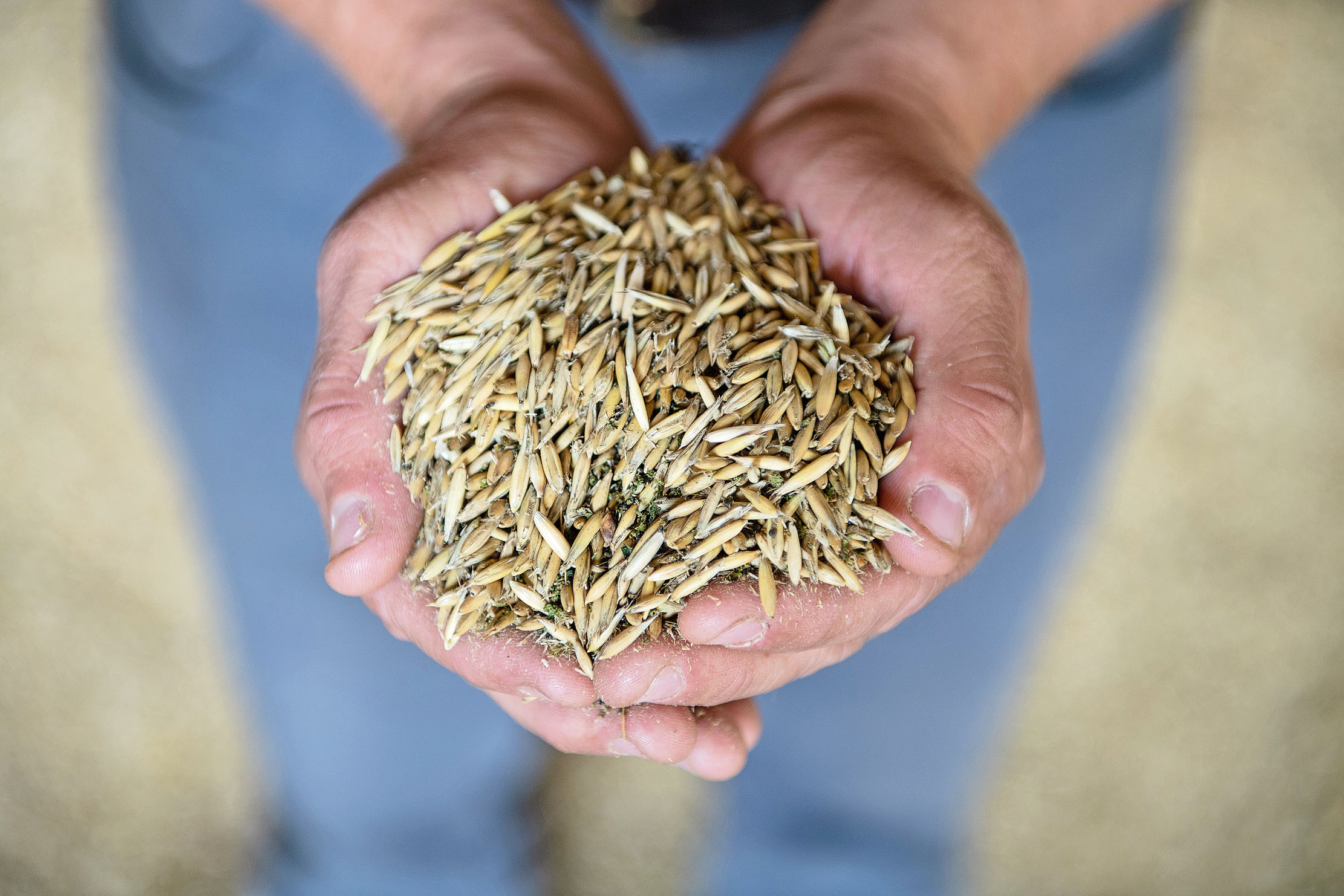 Farming for our futures: The full story of How The Prince of Wales turned Sandringham organic
Farming for our futures: The full story of How The Prince of Wales turned Sandringham organicOver the past year, we have documented the Sandringham estate’s move to a fully organic enterprise. Here, The Prince of Wales tells Paula Lester why farming naturally and sustainably is so vital for the soil, wildlife and our own health.
-
 10 beautiful and thought-provoking pictures of the oceans to remind us all what's at stake
10 beautiful and thought-provoking pictures of the oceans to remind us all what's at stakeSir David Attenborough recently said 'The oceans power of regeneration is remarkable — if we just offer it the chance.' It effects every living thing on earth — from the air we breathe, to the weather and climate — and it's never been more at stake than it is now.
-
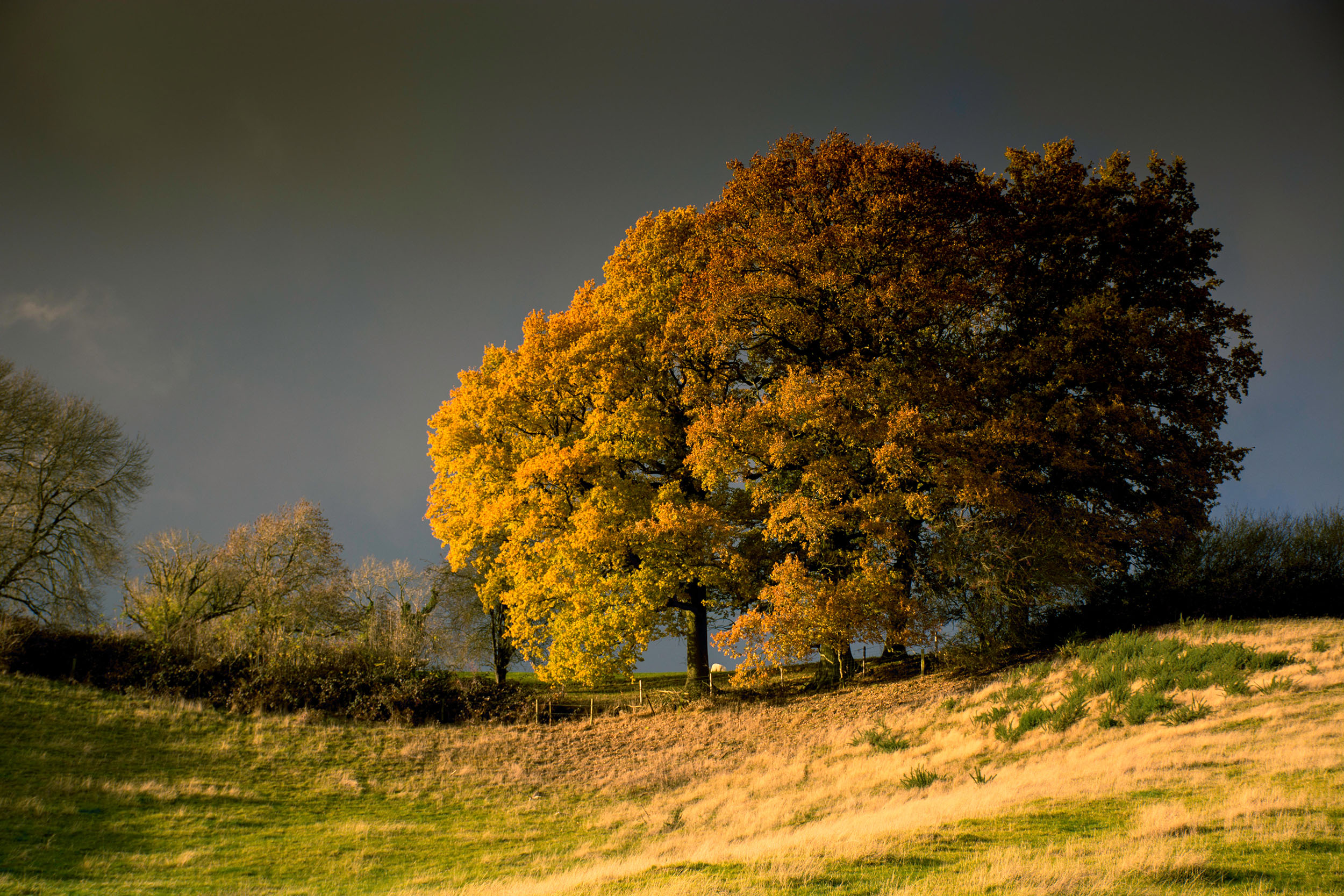 Trees For Tomorrow: Join Country Life as we plant thousands of trees
Trees For Tomorrow: Join Country Life as we plant thousands of treesTo celebrate the 125th anniversary of Country Life’s launch in 1897, we have joined forces with Charles Stanley Wealth Managers and Forestry England to create the Trees For Tomorrow initiative. Together we aim to plant at least 1897 trees to mark this milestone in our history.
